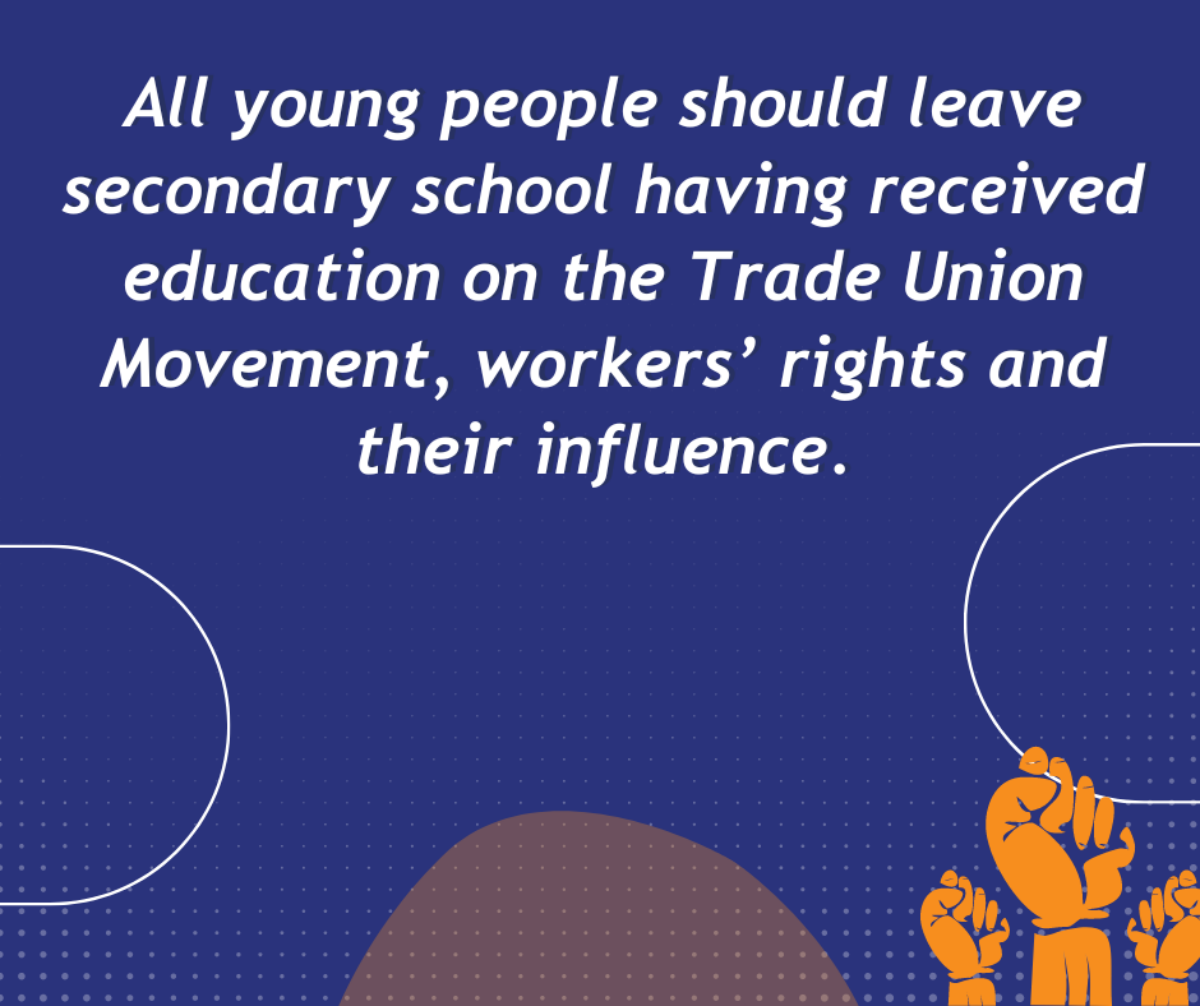By Finlay McIlwraith MSYP and Fraser Jarvis MSYP
What does a trade union do? It’s OK if you can’t answer that – only 49% of respondents to a survey by SYP’s Jobs, Economy and Fair Work Committee were confident in defining what a trade union is, while only 29% know how to join one.
Trade unions are still a big part of the modern workplace. Many young people associate unions with old heavy, manual industries and don’t see how unions apply to their work. But unions are often crucial in sectors that young people are most often employed in. I know from firsthand experience working in the retail and hospitality sectors how challenging and tiring it can be. Union membership remains lowest among the young. While overall union membership is around 28% in Scotland, only 15% of under 30s are members according to the Scottish Trade Unions Congress. Many cite not knowing about unions or how they could join as their main reason for not being in one.
It is also important to recognise the hostility of many employers to unions: some employers try and intimidate those who are part of unions and suggest that disputes can be handled internally. Workers can easily feel pressured into accepting this but remember that unions have staff who can support you in the event of unfair treatment and may also allow more unbiased advice. Higher overall membership of unions will also make young people better able to negotiate better conditions and pay – for example, in Denmark, with higher overall union membership, starting salaries at McDonalds are an average of twice as large as in the UK.
Our Jobs, Economy and Fair Work Committee wants to raise awareness among young people about the role of trade Unions and how they can potentially benefit you in the workplace. We strongly encourage educators to incorporate education about trade union rights within schooling. 79% of respondents believed more young people would join unions if they knew more about them. we believe this is a crucial step in improving young people’s experience in the workplace.
In October 2018, 83% of MSYPs voted to make trade union education SYP policy:
“The Scottish Youth Parliament believes that all young people should leave secondary school having received education on the Trade Union Movement, workers’ rights and their influence.”
Members’ Motion passed with 83% in October 2018
Since then, economic conditions have worsened for young people. As the cost-of-living crisis continues to deteriorate, many goods and services, especially housing, will cost more. Young workers are more likely to lack proper training given they have less experience in the workplace.
Our survey found that 20% of respondents felt they’re not respected in their workplace and over a third said they face bullying or harassment at work. Trade union membership can help with these problems and subsequently make young people feel safer in the workplace. While a majority of young people said they are not members of a trade union, 77% said they would join a union if they were aware of them.
Although trade union education may be a small step, it is important to ensure work is more tolerable to the needs of young people and workers. We should aim for a better future with an economic system that benefits all interests, rather than solely the views of business.



